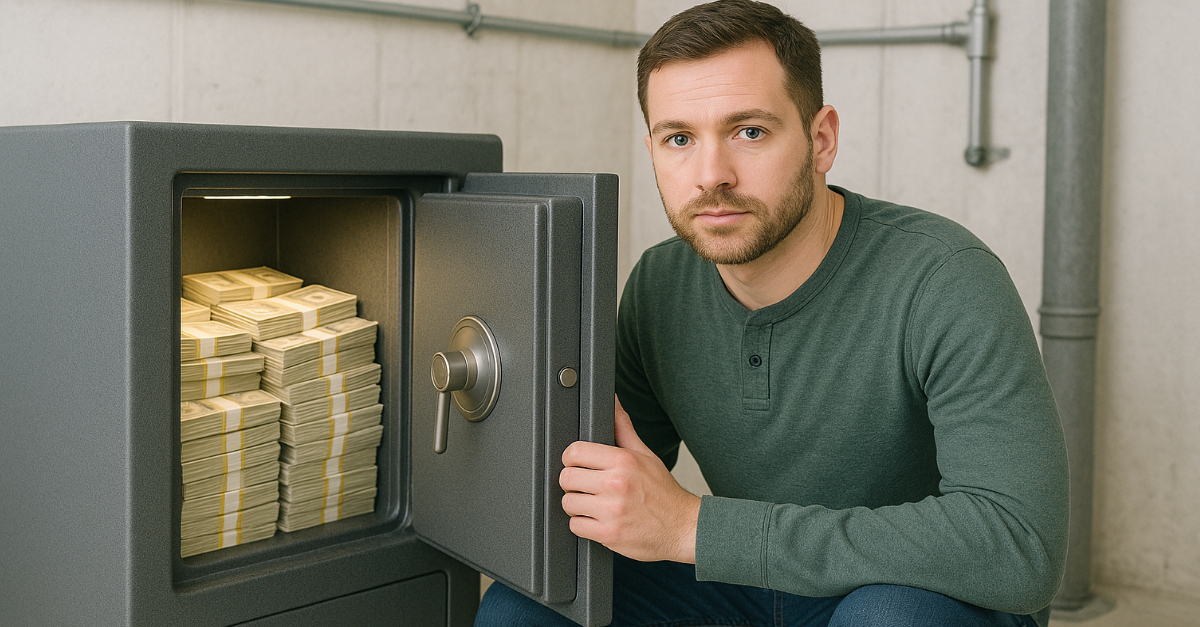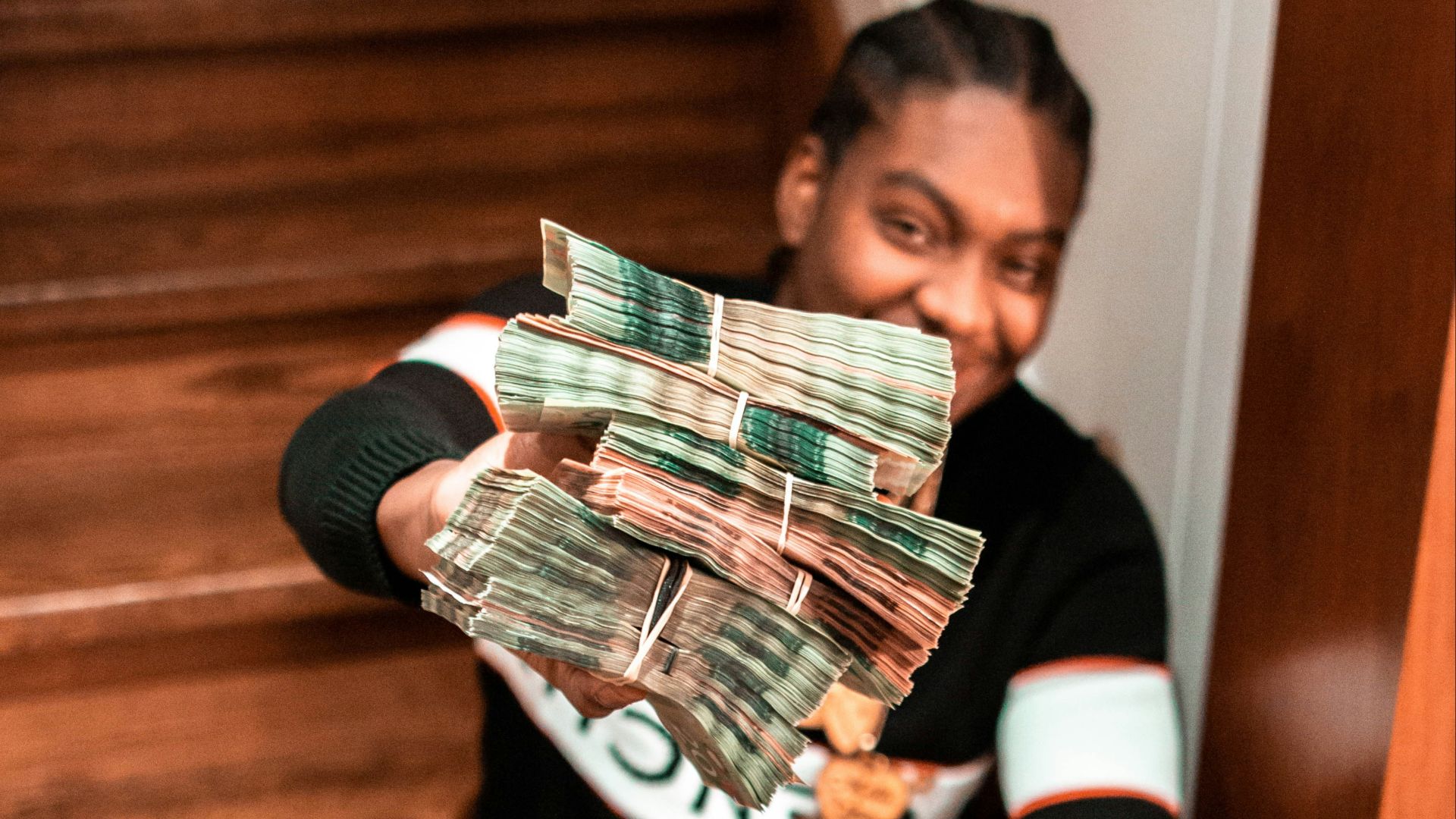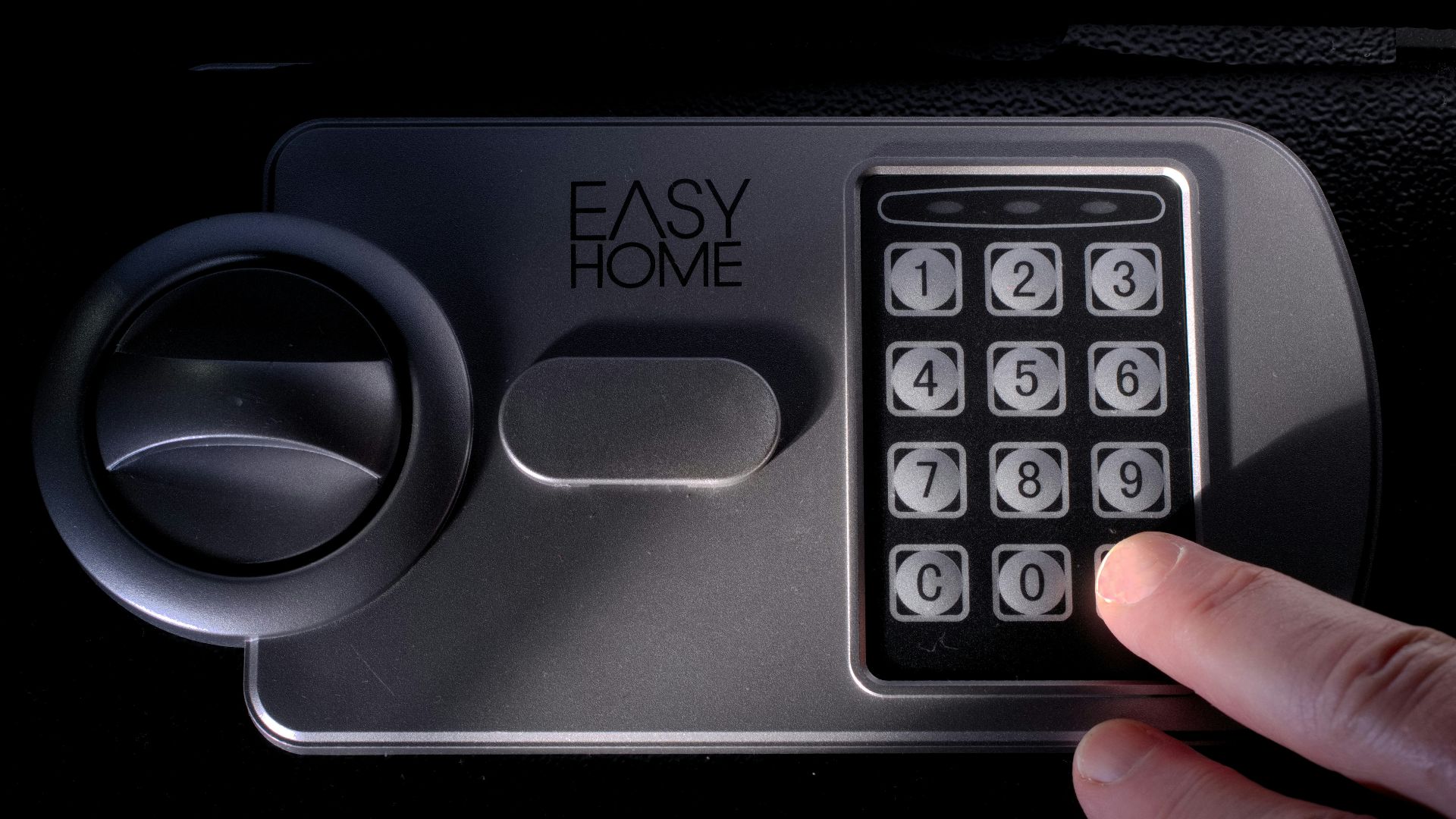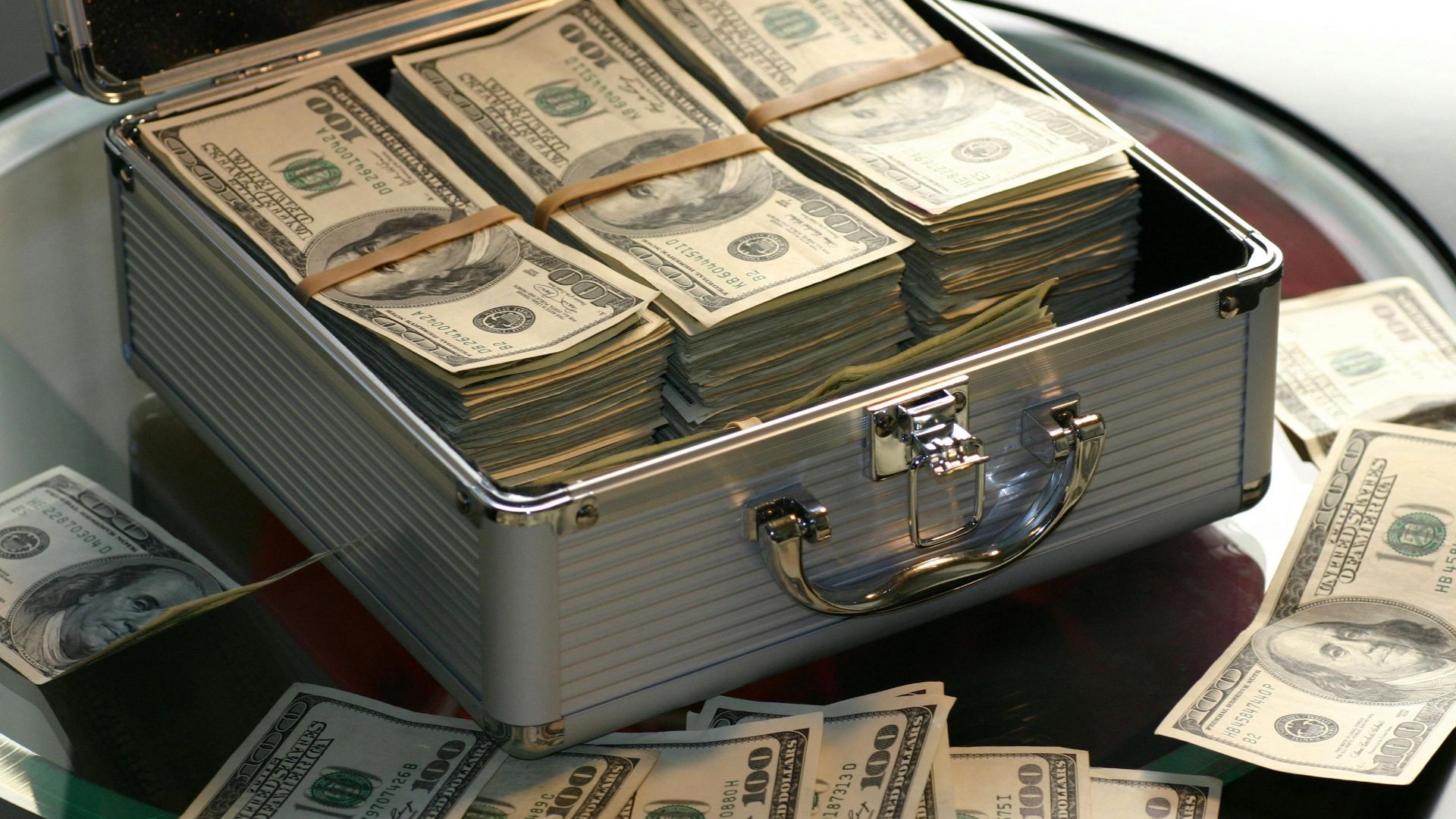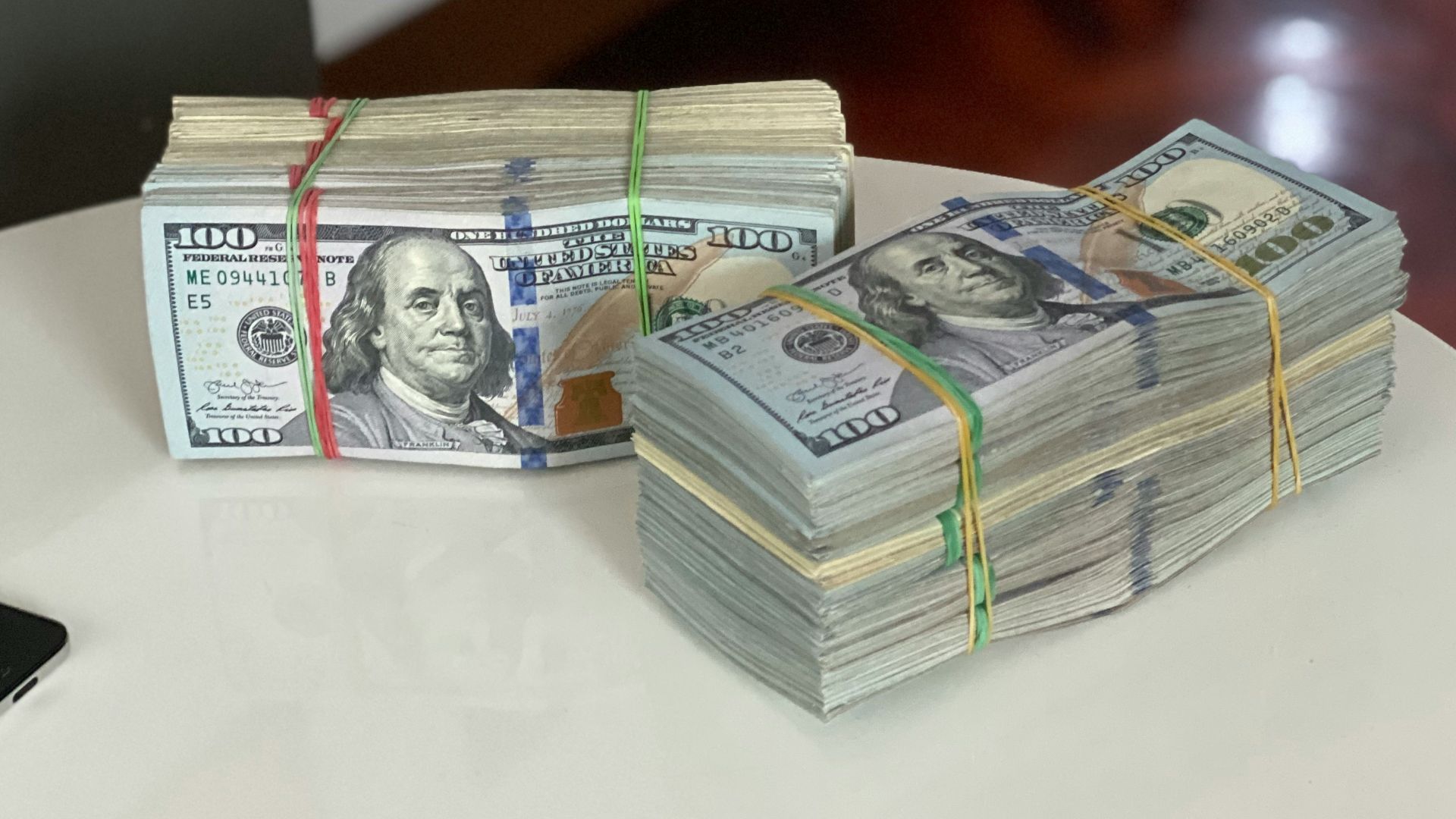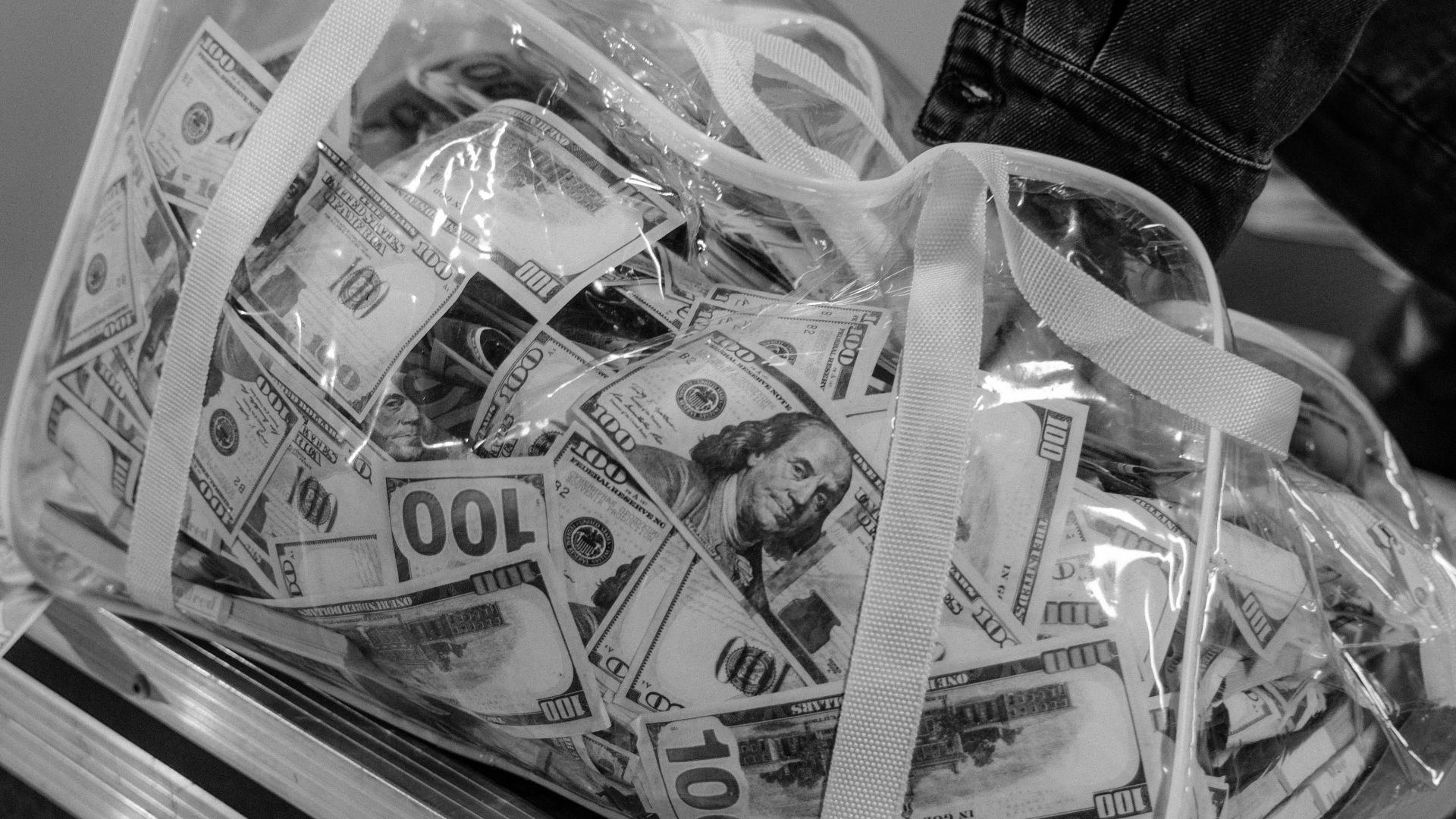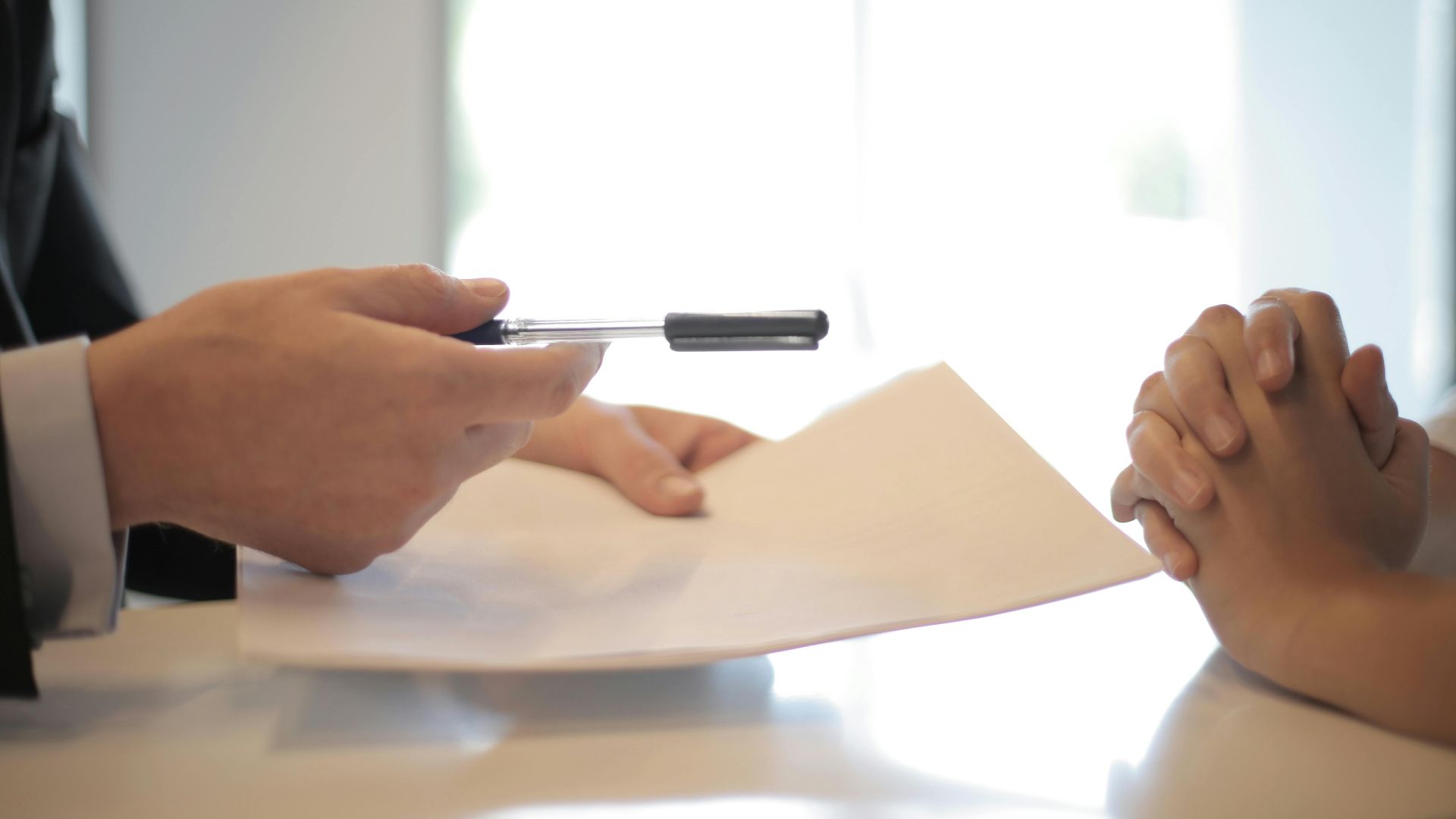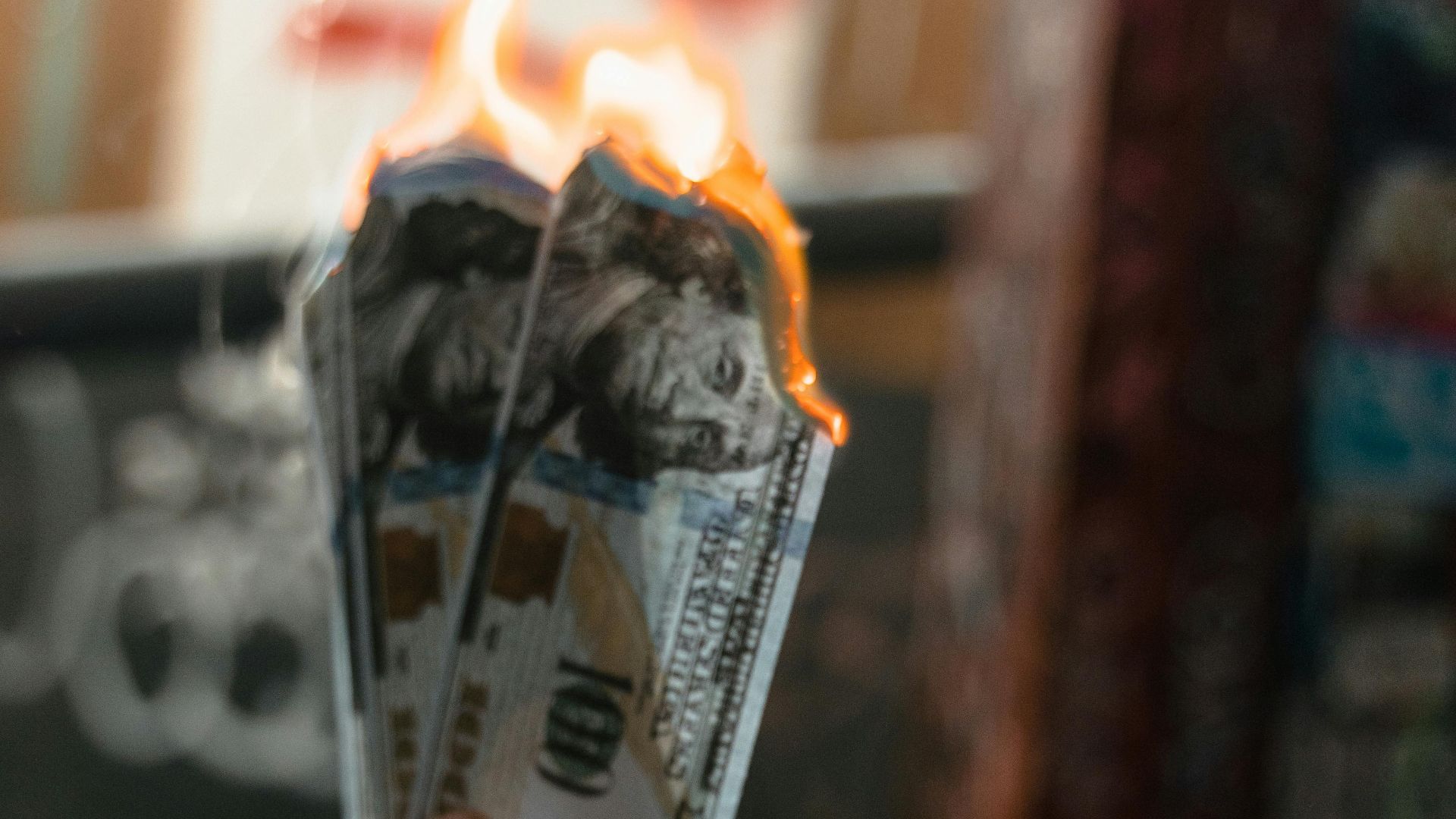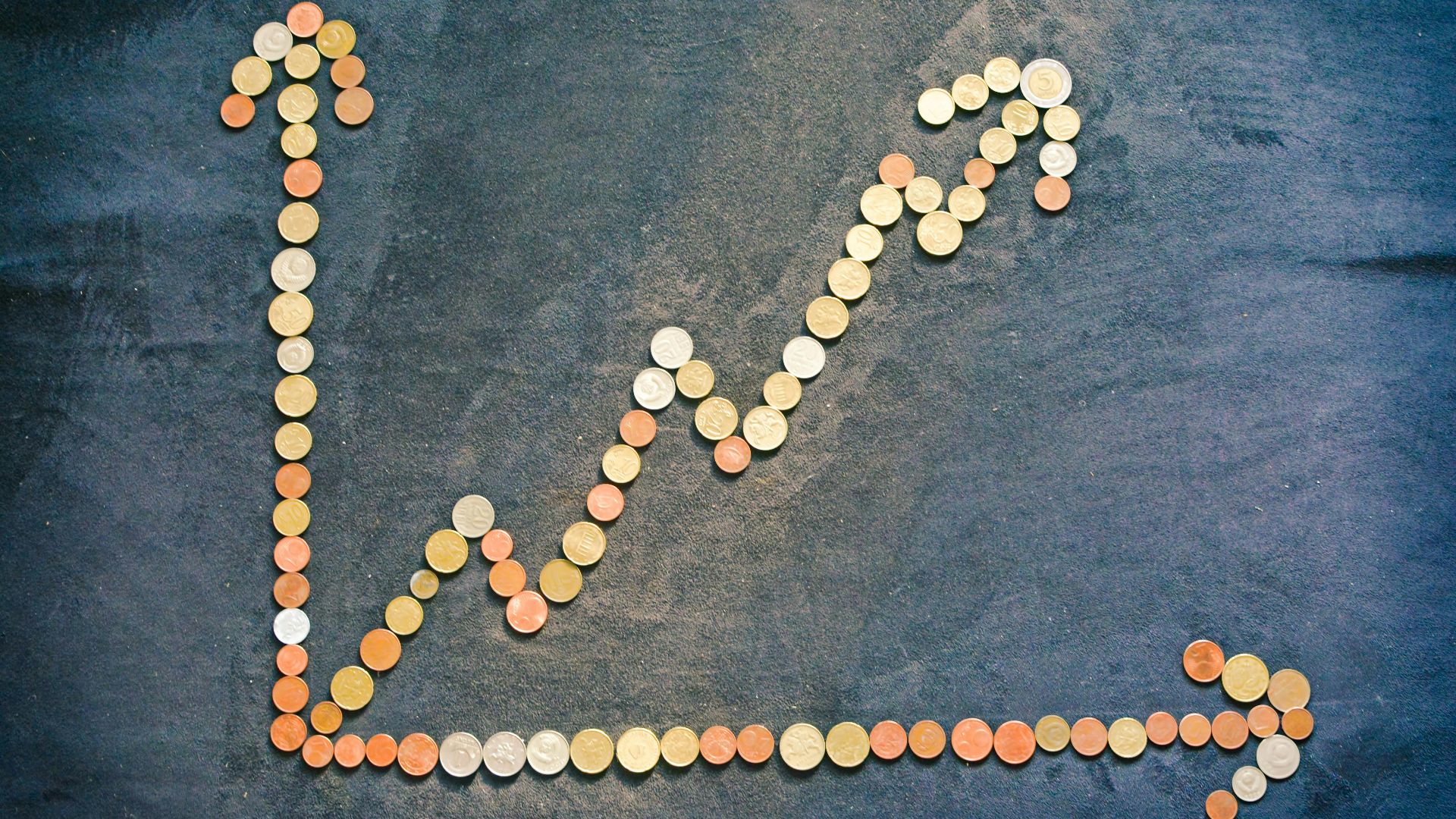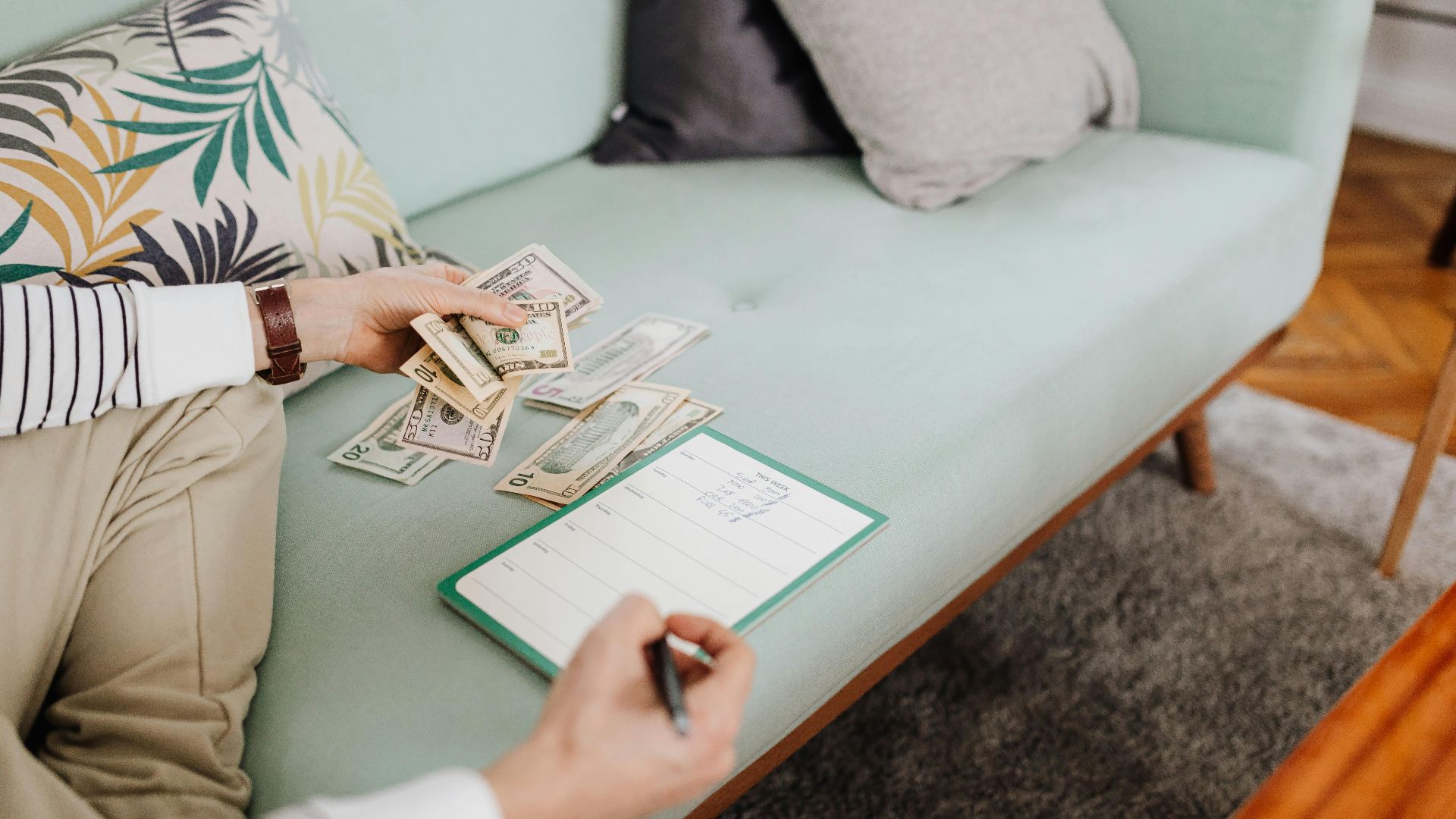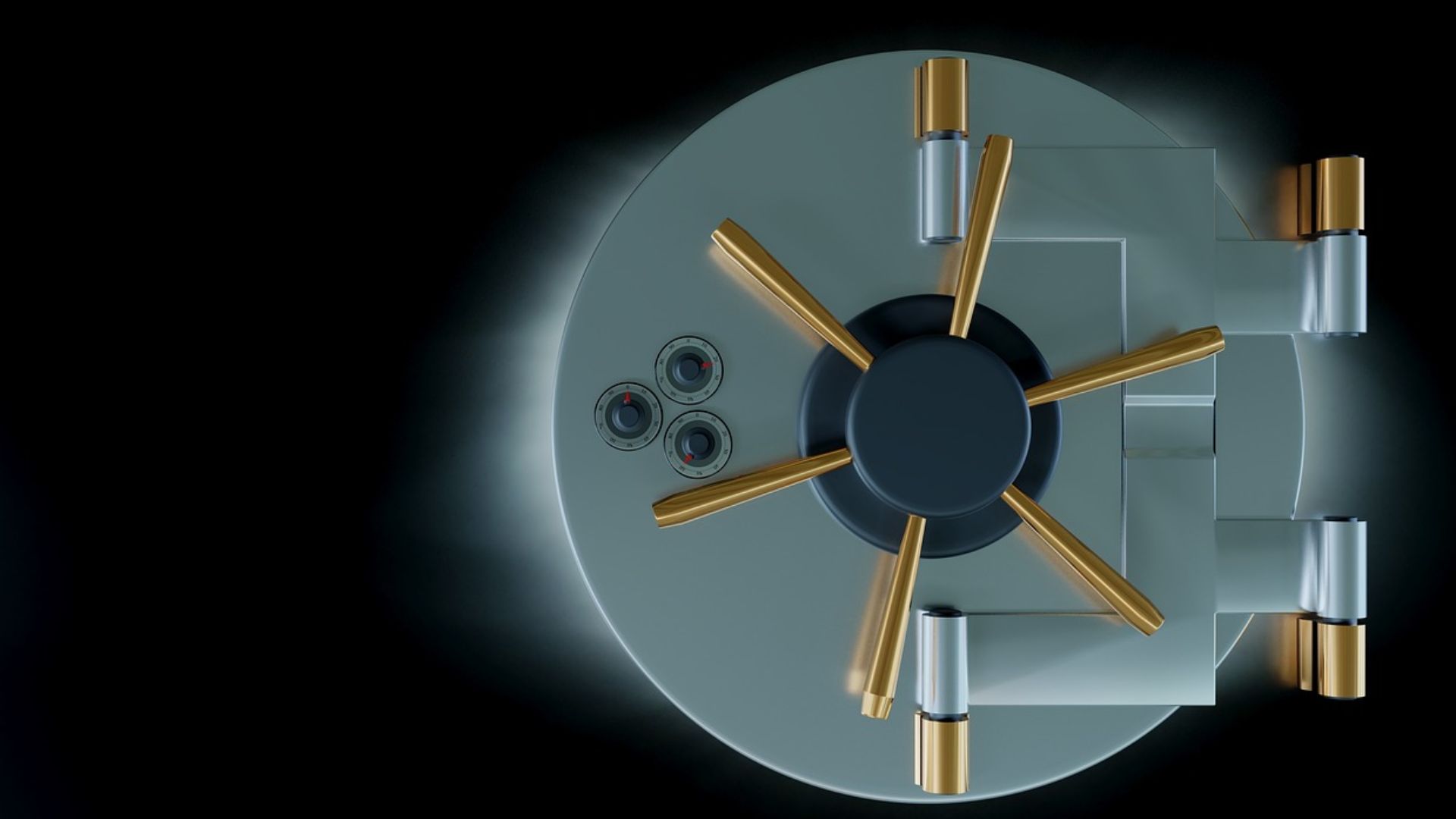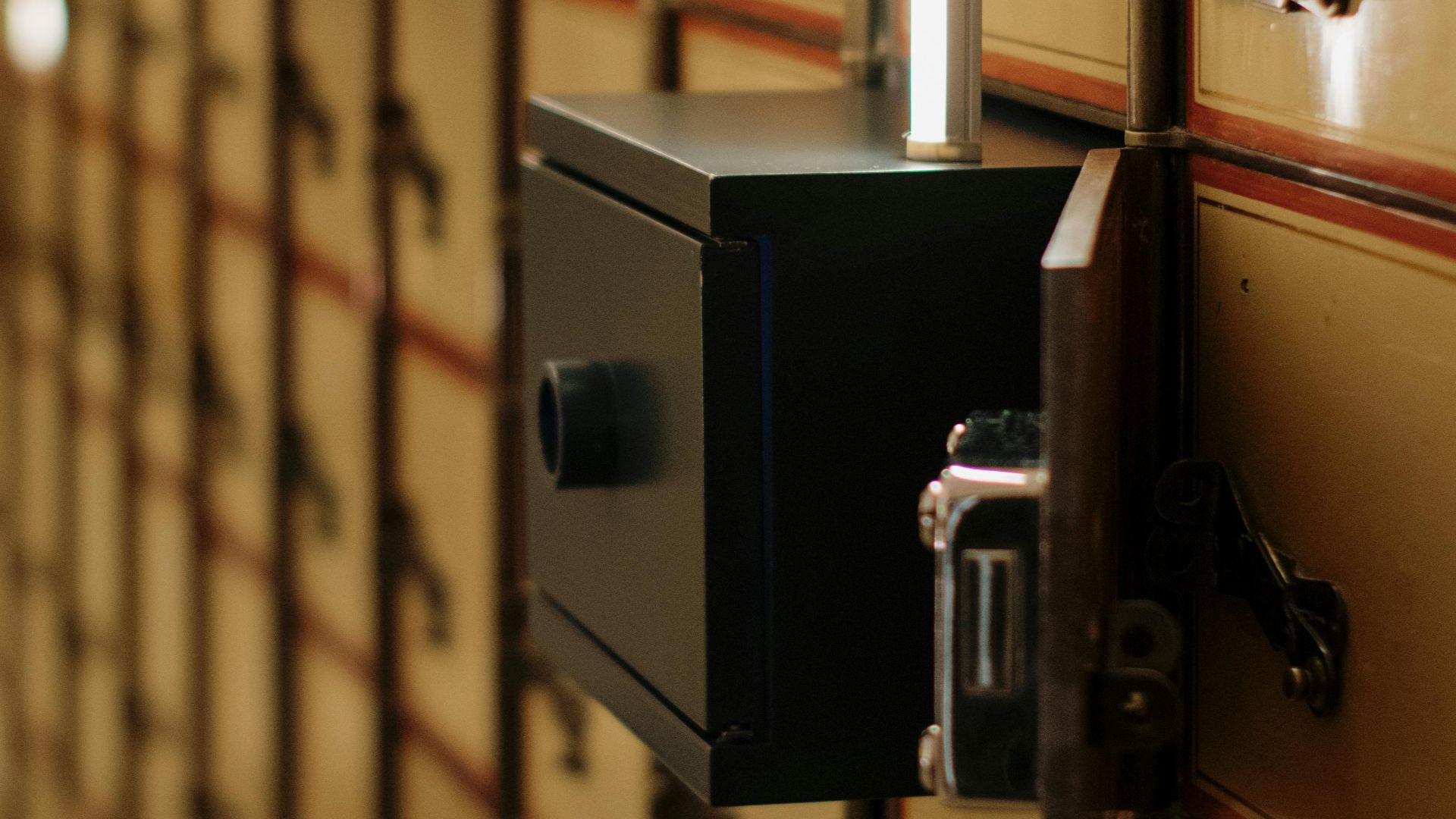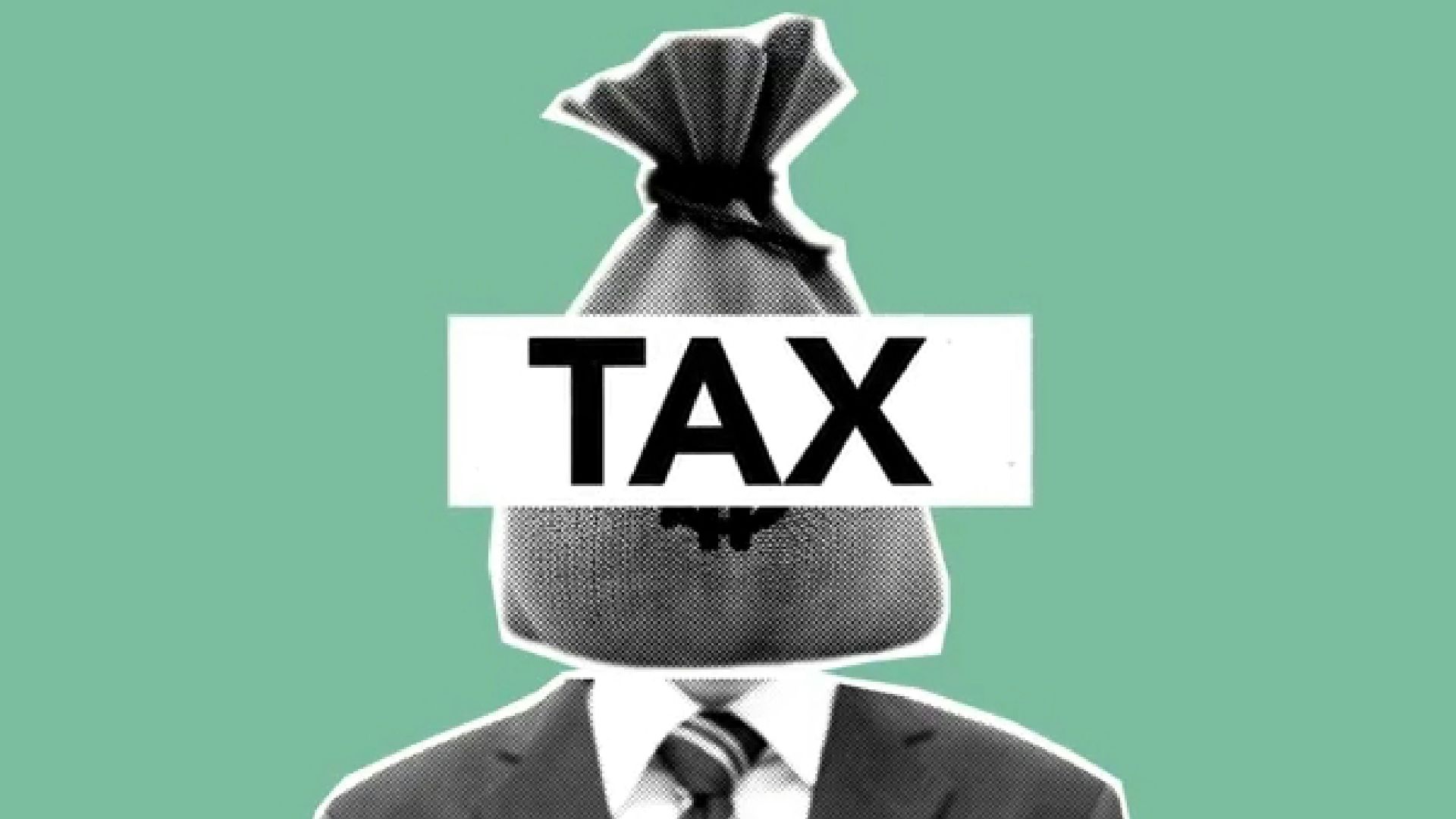When “I Don’t Trust Banks” Becomes a Lifestyle Choice
You’ve seen banks fail, accounts freeze, and “technical glitches” that suddenly make your balance disappear. So you decide to take control: withdraw your savings, buy a heavy-duty safe, and store your cash right at home. But as you’re stacking bills into that steel box, a question starts nagging: could this actually get you into trouble?
A Growing Number of People Feel the Same Way
Across the U.S. and Canada, more people are pulling money out of banks. Some say they don’t trust financial institutions after recent collapses and online scams. Others simply like knowing their money is right where they can see it. It’s a mix of control, privacy, and old-fashioned security.
But There’s a Catch
While the idea sounds harmless—it's your money, your choice right? The truth is that t’s not as straightforward as it seems. Governments have strict reporting and anti-laundering laws, and big sums of cash can attract attention, even if you did nothing wrong. Suddenly, you could find yourself in a legal gray area.
Cash Isn’t as “Invisible” as You Think
In the digital age, large cash holdings are unusual. If you suddenly start withdrawing or depositing large amounts, banks and tax agencies notice. They’re required to. So while keeping money at home feels private, it’s not invisible if you interact with the financial system later.
Where Suspicion Comes From
For law enforcement, massive amounts of physical cash usually signal one of two things: criminal activity or tax evasion. That’s why someone hoarding stacks of bills—even for innocent reasons—might end up under scrutiny if the source of the money isn’t clearly documented.
Paper Trails Matter More Than Vault Doors
It’s not the safe that raises red flags—it’s what’s inside and where it came from. If authorities ever question your finances, they’ll want proof. Pay stubs, tax returns, invoices—anything showing your money was earned legitimately. Without that, “I just don’t trust banks” won’t hold up very well.
What Happens If You Can’t Prove It
In extreme cases, unexplained cash can be seized while its origins are investigated. Even if you’re innocent, you could face a long legal process trying to get it back. Having receipts and records is your best defense against mistaken assumptions.
You Might Already Be on the Radar
If you’ve made large withdrawals, your bank has already filed reports. In the U.S., anything over $10,000 automatically triggers documentation under the Bank Secrecy Act. That doesn’t mean you did anything wrong—but it does mean you’re in the system.
Trying to Stay “Under the Limit” Can Backfire
Some people think withdrawing smaller amounts avoids attention. In reality, that’s called “structuring”—and it’s a crime. Deliberately spreading transactions to dodge reporting laws can lead to hefty fines or criminal charges. Transparency is safer than clever workarounds.
So… Is It Actually Illegal?
Here’s the twist: no, it’s not. There’s no law in the U.S. or Canada stopping you from keeping large sums of cash at home. You could store hundreds of thousands of dollars in your basement if you want to. But legality isn’t the same as safety—or smart planning.
You Become Your Own Bank
Once that money leaves the financial system, you lose all the benefits that come with it: insurance, fraud protection, and easy access to digital transactions. If your house burns down or gets robbed, the loss is entirely yours. No FDIC claim. No replacement check.
Insurance Won’t Save You
Homeowner’s policies rarely cover more than a few hundred dollars in cash. Even if you keep your money in a top-of-the-line safe, fire or water damage could destroy it. And if thieves find it? It’s gone for good. No questions, no reimbursements.
Inflation Is the Silent Thief
A stack of cash feels solid—but over time, its value quietly erodes. Inflation eats into your buying power every single year. The $100,000 sitting in your basement now might be worth far less a decade from today.
You Also Lose Growth Potential
Money in a safe doesn’t earn a dime. It doesn’t collect interest, appreciate, or compound. Meanwhile, even a modest savings account or Treasury bond would put your money to work. Safety has a cost—and that cost adds up fast.
Privacy Comes with a Price
There’s something appealing about knowing no bank or government can freeze your money. But that privacy means total responsibility. If something happens—loss, fire, or even your own passing—no one else can access or verify it. Your “safe” could become a secret you take to the grave.
If You Have Heirs, Plan Ahead
Hidden cash creates estate headaches. If your family doesn’t know where it is—or can’t prove it was yours—they might never see it. Estate lawyers often warn that “cash under the floorboards” can vanish in probate chaos.
Documentation Protects You
If you’re keeping serious money at home, document everything. Keep proof of where it came from, update your records yearly, and store copies digitally. That way, if you ever need to deposit it again or prove ownership, you’re ready.
Security Needs to Be Professional-Grade
If you insist on keeping money at home, invest in a proper fireproof, waterproof safe that’s bolted down in a discreet location. Avoid bragging about it—even to friends. The biggest security risk isn’t always strangers; it’s who knows you have it.
Consider Splitting Your Holdings
You don’t have to pick one extreme or the other. Many people keep a smaller emergency stash at home—enough to cover a few weeks’ expenses—while the rest stays insured and accessible through a bank or investment account. It’s a balance between trust and practicality.
Emergency Access Is a Real Advantage
To be fair, having cash on hand can be useful. Power outage? Banking glitch? Natural disaster? That physical money could keep you afloat when ATMs don’t work. Just don’t confuse “some cash” with “everything I own.”
How Much Is Too Much?
Financial experts generally agree: keep enough cash for short-term needs, not long-term wealth. The rest should stay somewhere safer or more productive. If you need to store hundreds of thousands, a bank safe deposit box or diversified assets might be smarter than one basement vault.
Don’t Ignore Tax Implications
Keeping cash isn’t a tax problem—but earning unreported cash is. If you ever plan to use or deposit that money, expect questions. Having matching tax records and transaction history makes all the difference between “private citizen” and “suspect.”
Your Safe Might Outlive Your Secrecy
Even with perfect security, physical money has limits. Paper deteriorates, safes rust, and family members move. A long-term plan should include updating your storage and keeping someone you trust informed.
Freedom Comes with Responsibility
You’re allowed to control your own money however you choose. But when you step outside the banking system, you take on every risk those systems normally handle. You become the banker, the insurer, the guard, and the recordkeeper—all in one.
So, Is It Legal? Yes—But Risky
Keeping most of your money in a home safe isn’t illegal. It’s your right. But it comes with serious trade-offs: no protection, no interest, no recourse if disaster strikes. Legal? Absolutely. Advisable? Only if you’re prepared for the weight of complete responsibility.
You Might Also Like:

